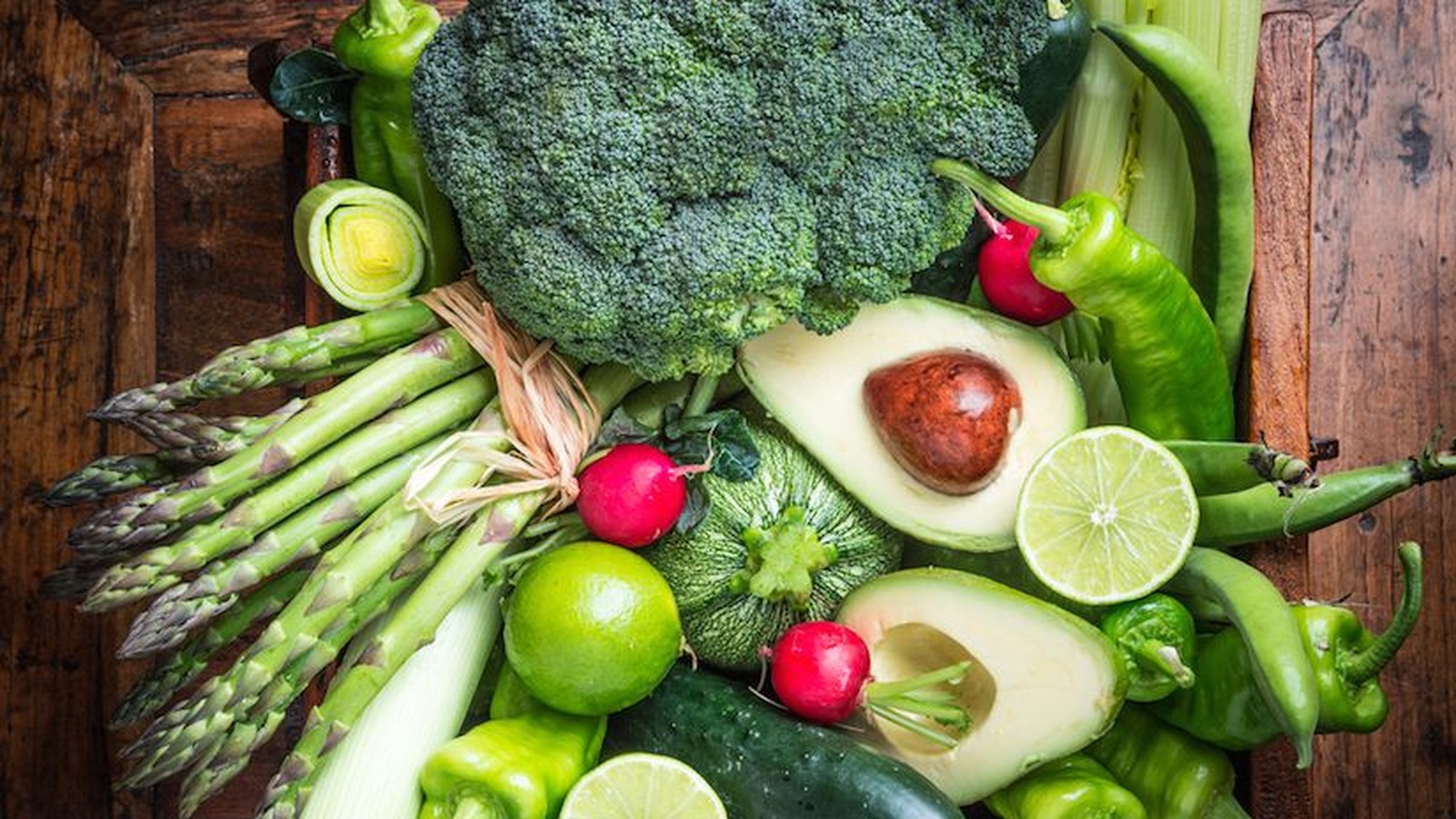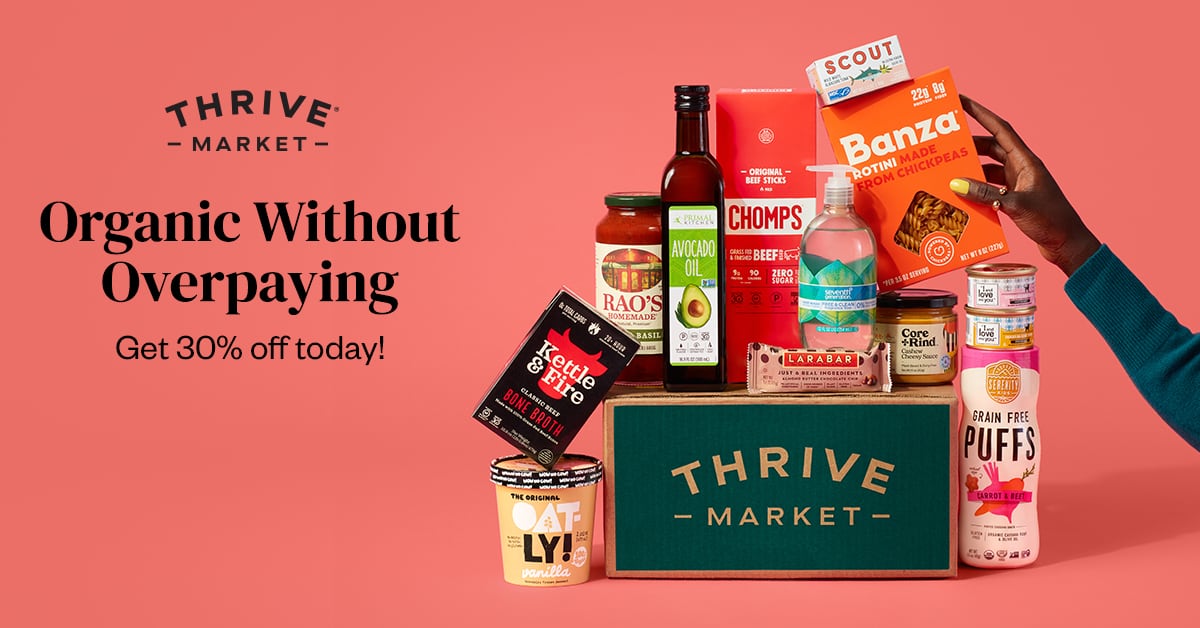Your Easy Guide To Buying Organic Produce
On a budget and can’t afford to shop organic? It’s a common complaint by many.
With organic produce a superior product to conventional produce, organic food is often more expensive. A cost saver in the long term (with better health, a greater quality of life and less time and money spent being unwell), I can see the value in the up-front extra spend, however it can add up if you are on a budget, especially when there are several mouths to feed.
SO WHAT CAN YOU DO?
Well, the good news is you CAN clean up your eating habits without breaking the bank! You just need to know how to shop smart.
THE CONTAMINATION SCALE
Not all conventional produce is created equal when it comes to human interference.
Some crops are exposed to pesticides to a greater degree than others, meaning they are higher up the scale of contamination.
As we know, pesticides have been linked to a variety of health problems, including hormone disruption, cancer and brain toxicity, so it is it vital to know exactly what your food is made of. In knowing this, you can take control of your health and make informed decisions when deciding what to put in your mouth. Knowledge is power, after all!
If you are struggling to move towards an organic lifestyle due to budget concerns therefore, the trick is to start off by buying organic the items that are the MOST tampered with chemically. Budget or not, most people transition to buying organic gradually in any case, so it is a good starting point whatever your reasons.
THE WORST OFFENDERS
Named the DIRTY DOZEN by the Environmental Working Group (a body which conducted tests on conventional produce and rated the various fruit and vegetable groups according to the amount of pesticides found present), the foods that exhibit the highest levels of pesticide residues are (in order of contamination):
- Apples
- Strawberries
- Grapes
- Celery
- Peaches
- Spinach
- Sweet Bell Peppers
- Imported Nectarines
- Cucumbers
- Cherry Tomatoes
- Imported Snap Peas
- Potatoes
In addition, two further foods have been shown to contain traces of pesticides that are highly toxic to human health (more so than usual). These are the DIRTY DOZEN PLUS, aka:
- Hot Peppers
- Kale/Collard Greens
In fact, a whopping two-thirds of produce samples have been shown to have pesticide residues. Shocking, isn’t it?
It is therefore highly recommended that you shop organically for the above items where possible. At least this way, you know you are reducing your exposure to the MOST affected items.
SAFE FOODS
Along with identifying the foods to avoid in the grocery store aisle, the Environmental Working Group have also named the foods that show the LEAST amount of pesticide residue. These are the CLEAN FIFTEEN:
- Avocados
- Sweetcorn
- Pineapple
- Cabbage
- Frozen Sweet Peas
- Onions
- Asparagus
- Mangoes
- Papaya
- Kiwi
- Eggplant
- Grapefruit
- Cantaloupe
- Cauliflower
- Sweet Potatoes
Therefore, if you don’t wish to go organic completely (or can’t), the above conventional produce will not prove to be as harmful.
FINAL TIPS
Whether you are eating organic or non-organic food, fresh fruits and vegetables are always a healthier choice than processed foods.
It s also always worth finding out what food is being created and sold locally. Local produce can be significantly cheaper that food shipped over huge distances, so check out the organic farmers markets. Alternatively, you could even cultivate your own organic garden!
And remember, every time you eat is an opportunity to nourish your body. Make it count.
Before you go, we've got this fun Infographic to share with you! It's a greta visual guide for you to remember these important notes about your fruits and vegetables. Right click on the image to save your own copy to your phone or computer!











